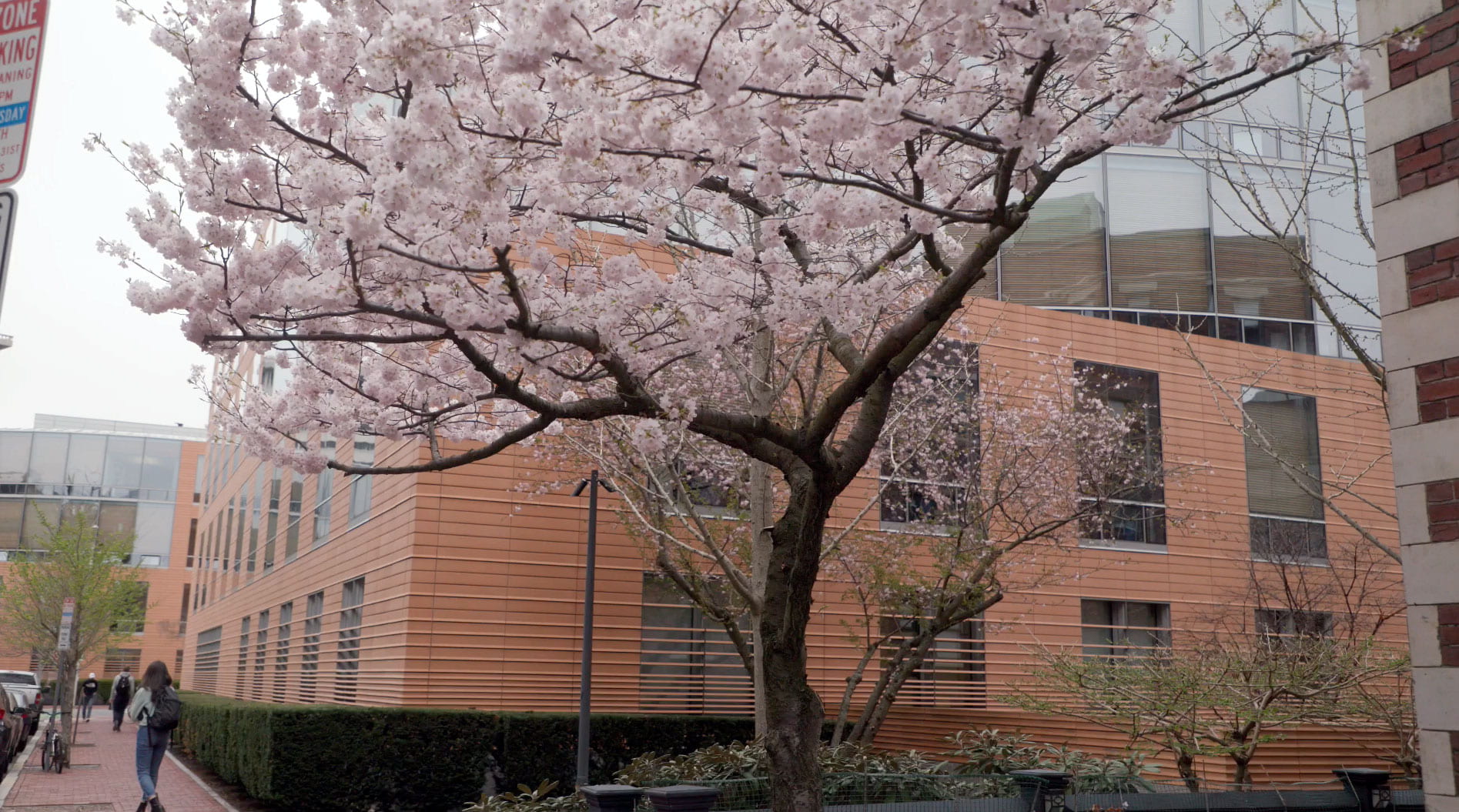Stephen Chaudoin
Faculty, International Relations
Overview: Many interactions between countries depend on choices made by democratically selected leaders. We argue that the experience of being elected alters subsequent leader behavior at the international level, a phenomenon we call the election effect. Specifically, democratic election intensifies in-group identification and generates a sense of obligation to voters, while simultaneously increasing out-group hostility. These combined effects cause leaders to overexert costly efforts in competitive situations against other groups. Using an online laboratory experiment, we show that democratic leader selection increases inefficient effort in inter-group contest games, which share key features with many interstate conflicts. We use a carefully specified decomposition strategy to distinguish the election effect from better-known selection effects, wherein eventual leaders are non-randomly chosen. Our results show that democratic election has negative welfare implications in inter-group games, despite the near-universally positive effect found in intra-group ones.
